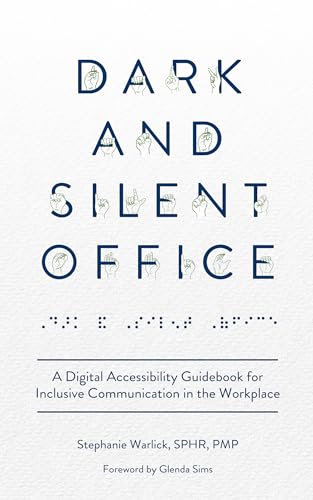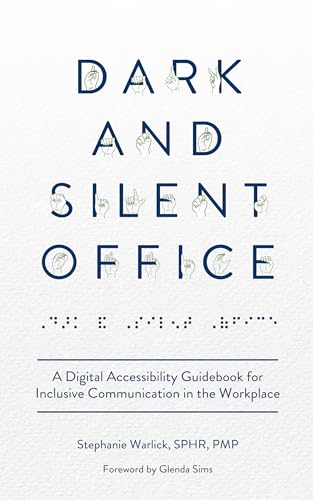
Ask anyone and they would agree that technology is a necessary component of the workplace. But have you ever relied on technology and it failed just before your deadline?
Think about having that experience all day, every day while attempting to meet your daily work objectives.
There are approximately 37.5 million adults in the US with trouble hearing and another 50.18 million adults with some degree of vision loss.
The fight for equity in the workplace has very much focused on gender and race, and while these steps are completely necessary, visually-disabled and hearing-disabled individuals are a minority group that is significantly overlooked.
Jenny sat in a meeting where the manager was detailing the quarterly financial review. As they discussed the colors of charts and diagrams, Jenny, being colorblind, couldn’t keep up. She left the meeting exhausted and deflated.
Mark was typing away on his computer when the team leader informed the office about an important update. If it hadn’t been for his colleague advising him, Mark, being deaf, would have missed out on this information.
Nobody intentionally excludes the visually and hearing impaired. But thats not enough in the year 2024 where the benefits of inclusivity have been demonstrated time and time again.
But there is a huge gap between wanting an inclusive workplace and actually achieving it. Its a gap that you find yourself standing in right now!
The workplace is buzzing in a digital era and overall, technology is closing so many gaps across the industries. At the same time, it’s sadly making the gap bigger for those with sight and hearing difficulties.
The first step to standing in this gap is to transform your organization into one that is digitally accessible, particularly in the realm of document accessibility that is utilized in daily communication with coworkers and customers!
Thats not going to be easy if you have no idea where to start! Free on Kindle.


